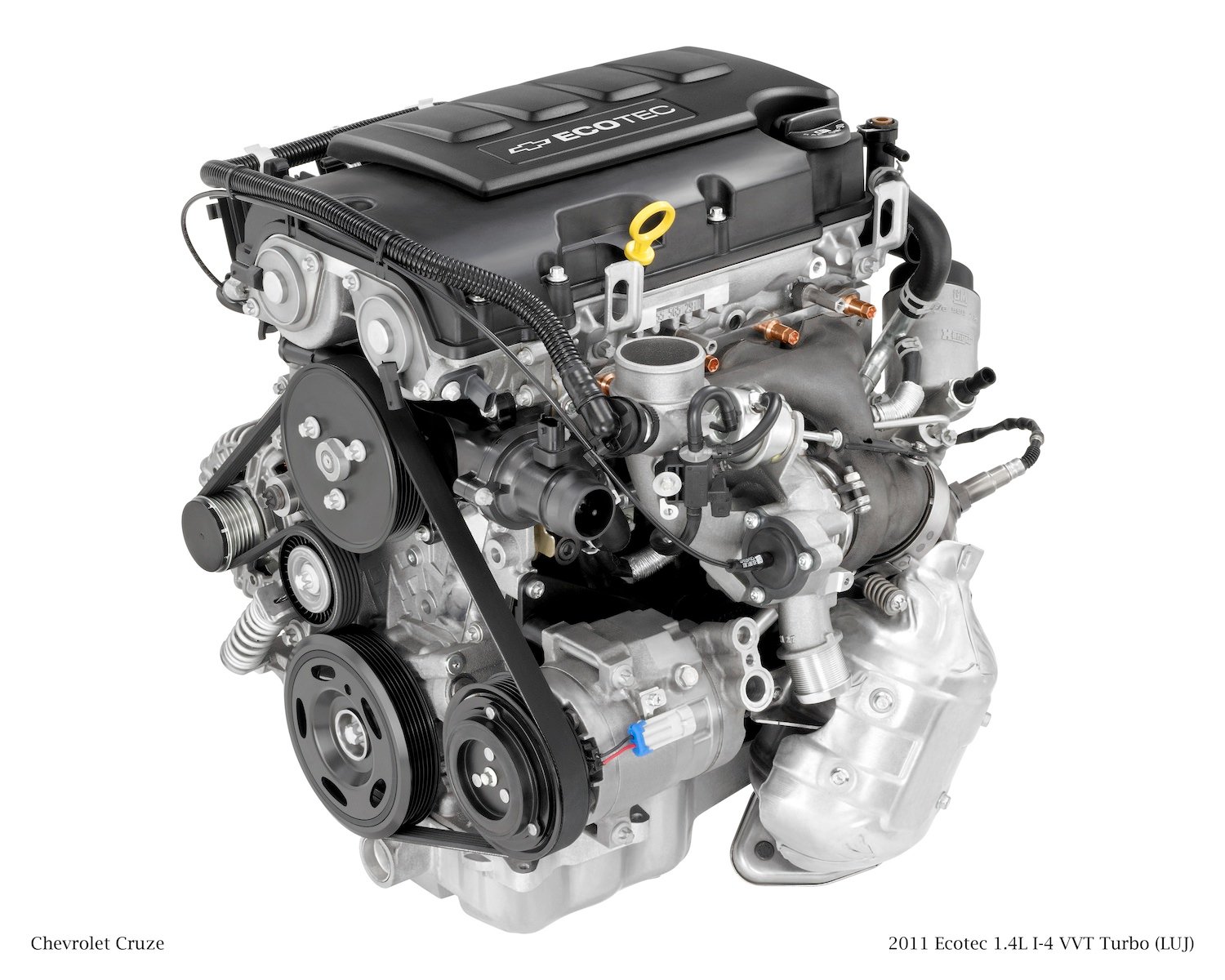GM 1.5L Turbo Engine: Decoding the Issues
Is your GM 1.5 liter turbo four-cylinder engine giving you trouble? You're not alone. This engine, found in a range of popular Chevrolet and GMC vehicles, has been the subject of some discussion regarding its reliability. Understanding the potential issues can empower you to address them proactively and maintain your vehicle's performance.
This article aims to shed light on the common problems associated with the GM 1.5L turbo engine. We'll explore the various issues reported, discuss potential causes, and offer insights into solutions and preventative measures. Whether you're experiencing issues or simply want to be informed, this guide will provide you with valuable information.
The GM 1.5L turbo four-cylinder engine, designed for fuel efficiency and performance, has been widely used in several vehicle models. Its smaller displacement combined with turbocharging allows it to deliver respectable power while aiming for better fuel economy. However, some drivers have reported encountering specific problems with this engine type.
Among the reported issues are concerns about excessive oil consumption, potential issues with the timing chain, and occurrences of coolant leaks. Understanding the root causes of these problems is crucial for effective diagnosis and repair. We'll delve deeper into each of these issues in the following sections.
While these issues may seem daunting, it's important to remember that not all vehicles equipped with this engine will experience them. Regular maintenance, timely repairs, and understanding the warning signs can help prevent major problems and keep your engine running smoothly.
The GM 1.5L turbo engine was introduced as part of GM's drive towards smaller, more fuel-efficient engines. Its compact design and turbocharger aim to provide a balance between power and economy. The engine has been utilized in a variety of vehicles, including popular models like the Chevrolet Malibu, Equinox, and Trax.
Excessive oil consumption is one common complaint. This can be caused by a variety of factors, including faulty piston rings or valve seals. Coolant leaks have also been reported, potentially stemming from issues with the water pump or head gasket. Timing chain issues, while less common, can be more serious and may require significant repairs.
For example, if you notice your oil level dropping rapidly between oil changes, this could indicate excessive oil consumption. A sweet smell in the exhaust or white smoke could suggest a coolant leak. Unusual engine noises could be a sign of timing chain problems. Consult a qualified mechanic immediately if you suspect any of these issues.
While a smaller, turbocharged engine can offer benefits like improved fuel economy and a smaller environmental footprint, it's essential to be aware of the potential downsides. Turbocharged engines often operate under higher pressures and temperatures, which can contribute to increased wear and tear on certain components.
Advantages and Disadvantages of GM 1.5L Turbo Engine
| Advantages | Disadvantages |
|---|---|
| Improved Fuel Economy | Potential for Increased Oil Consumption |
| Increased Power Output for its Size | Possible Coolant Leaks |
| Reduced Emissions | Risk of Timing Chain Issues |
Regularly checking your oil level and coolant levels is a good practice. Adhering to the manufacturer's recommended maintenance schedule is crucial for preventing and addressing potential issues early on.
Frequently Asked Questions:
1. What cars use the GM 1.5L turbo engine? (Answer: Various Chevrolet and GMC models, including Malibu, Equinox, Trax.)
2. What are the common problems with this engine? (Answer: Oil consumption, coolant leaks, timing chain issues.)
3. What are the signs of excessive oil consumption? (Answer: Low oil level between changes, blue exhaust smoke.)
4. What are the signs of a coolant leak? (Answer: Low coolant level, sweet smell from exhaust, overheating.)
5. What are the signs of timing chain problems? (Answer: Rattling noises from the engine.)
6. How can I prevent these issues? (Answer: Regular maintenance, timely repairs.)
7. Should I be concerned if my car has this engine? (Answer: Not necessarily, proper maintenance can mitigate risks.)
8. Where can I find more information? (Answer: Consult your owner's manual or a qualified mechanic.)
Tips and Tricks: Regularly check your fluids, be mindful of any unusual noises or smells, and don't hesitate to consult a professional if you suspect a problem.
In conclusion, the GM 1.5L turbo four-cylinder engine, while aiming for fuel efficiency and performance, has faced some reported issues. Understanding these potential problems, such as excessive oil consumption, coolant leaks, and timing chain issues, empowers owners to address them proactively. Regular maintenance, adherence to the manufacturer's recommendations, and being attentive to any warning signs are crucial for mitigating risks and maintaining the engine's longevity. While the engine offers potential benefits like improved fuel economy and reduced emissions, acknowledging and addressing the reported issues can ensure a smoother driving experience. By staying informed and taking preventative measures, drivers can maximize the lifespan and performance of their GM 1.5L turbo engine. Don't hesitate to consult a qualified mechanic for any concerns or questions related to your engine's performance. Proactive maintenance and timely repairs are key to enjoying a trouble-free driving experience.
Font confusion why your text looks different
Unlocking color potential your guide to sherwin williams color collections
Unlocking attic ventilation the power of baffles














